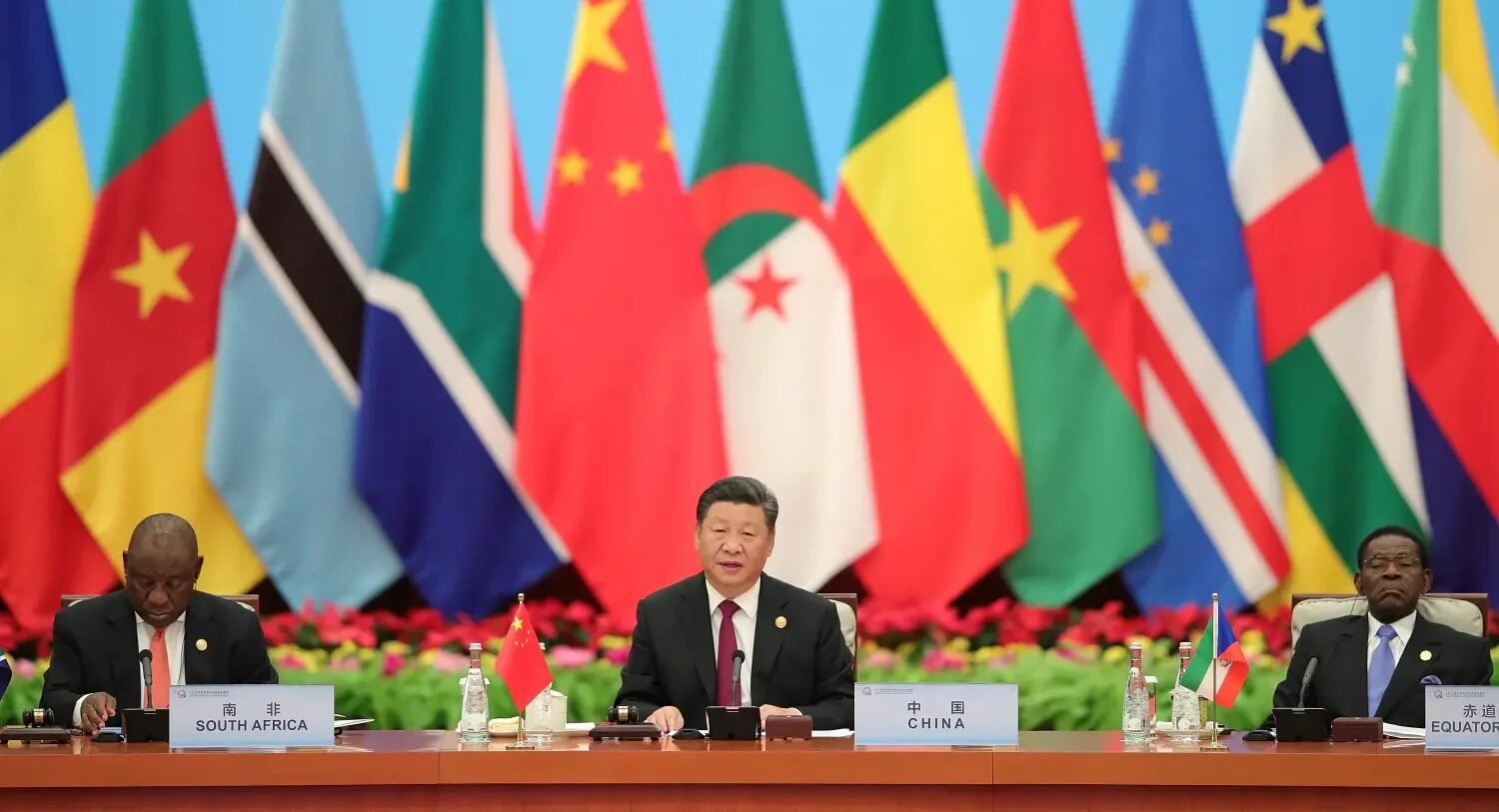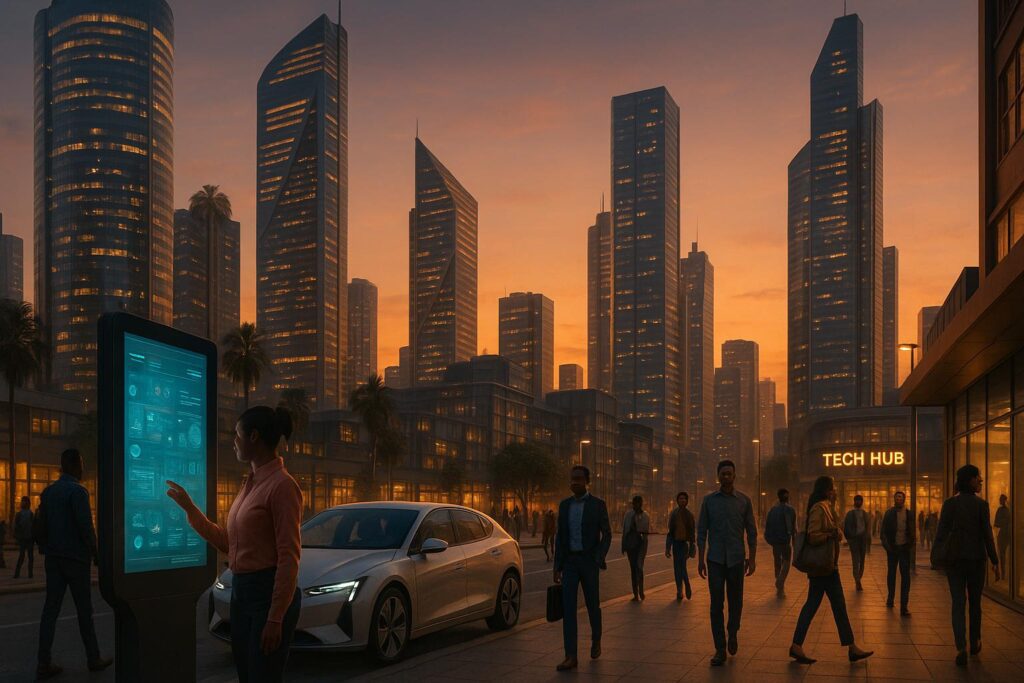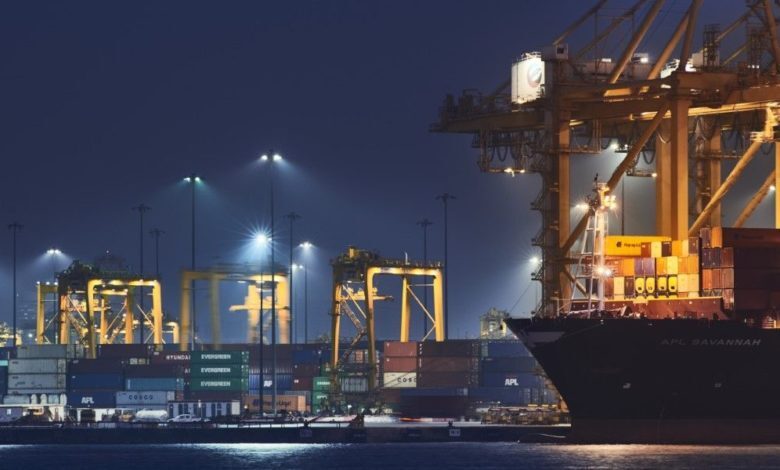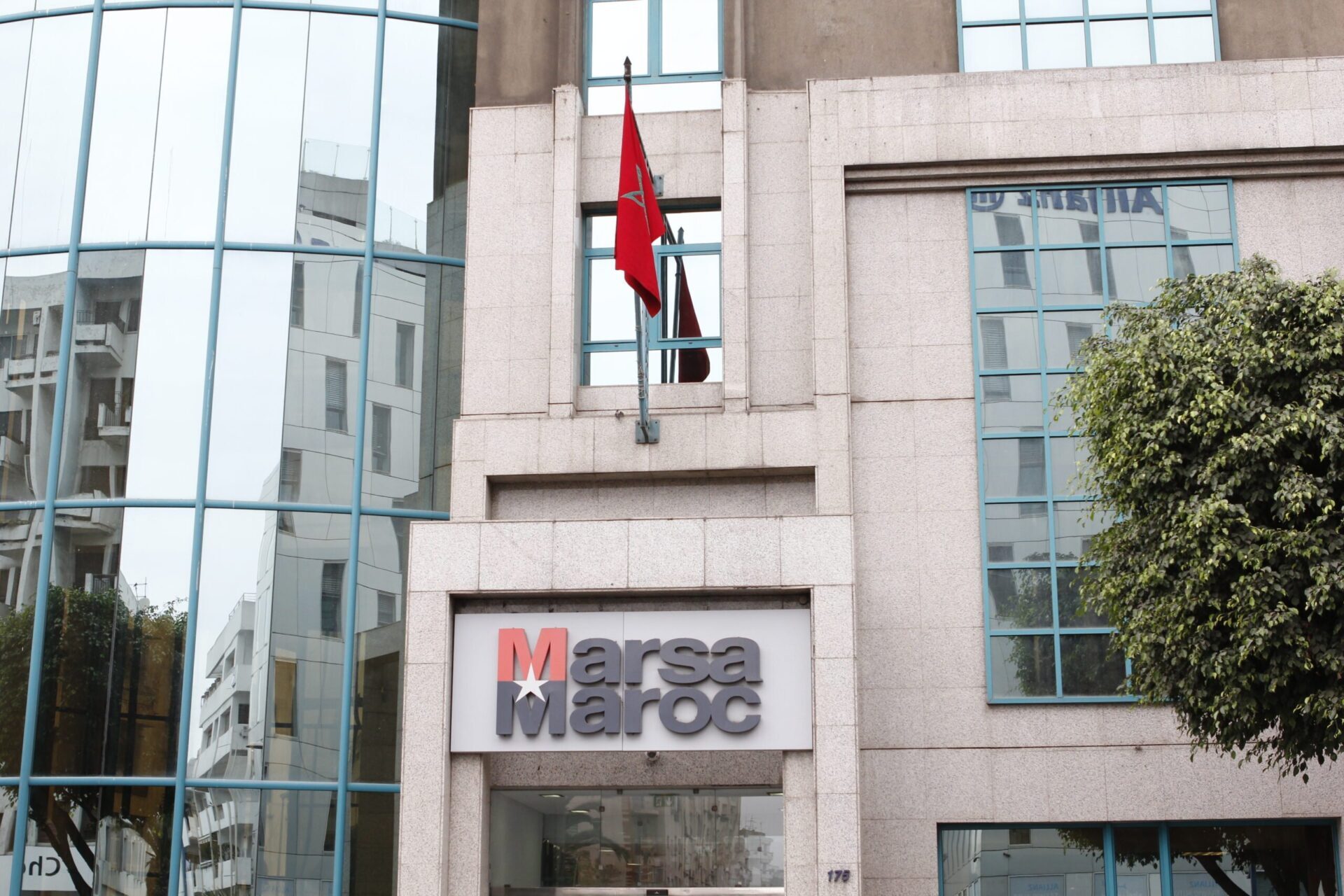
Tuesday 18th November 2025

by inAfrika Newsroom
Google plans to build four major digital infrastructure hubs across Africa to anchor a new wave of subsea cables, cloud services and AI tools. The hubs will combine landing stations and data centres in the north, south, east and west of the continent and will link directly to the company’s latest fibre routes.
Company executives say the investment goes beyond an earlier $1 billion pledge for Africa’s digital transformation. The hubs will carry traffic from the Equiano cable along the Atlantic coast and the Umoja route that connects Africa to Australia through the Indian Ocean. These systems aim to cut latency and improve resilience after recent cable breaks exposed the region’s dependence on a few routes.
Google is pairing these builds with a broader push on AI. This month it announced a partnership with Cassava Technologies to expand access to its Gemini AI platform and to tackle gaps in connectivity and digital skills. The company also unveiled a $2.25 million grant to regional bodies that manage public data, promising better-quality statistics for governments and developers who train AI models.
Engineers describe the new hubs as anchor points for Africa’s emerging cloud and edge-computing market. Local data centres can host government services, financial platforms and content closer to users. That reduces delays and helps cities run digital services such as e-payments, licensing, real-time traffic control and remote health tools.
Why it matters: African cities face rapid population growth, climate shocks and heavy pressure on housing, jobs and transport. Better connectivity and data infrastructure can support smarter grids, more efficient public transport, telemedicine and digital education. Lower latency and cheaper bandwidth also make it easier for startups and local firms to build products that serve regional markets rather than only neighbourhood customers.
Urban planners say the hubs could shift where tech ecosystems emerge. Cities that host landing stations and data centres often attract cloud providers, content platforms and enterprise software firms. That mix can create new jobs for engineers, technicians and support staff and can raise demand for reliable power and secure industrial parks.
The projects still face execution risks. Data centres consume large amounts of electricity and water, while cable routes need careful coordination with coastal communities. Regulators must clarify rules for data protection, localisation and competition so that local players benefit from the new backbone.
Officials and industry groups are watching how Google engages African partners. They want clear paths for local firms to co-locate servers, resell cloud capacity and plug into training programmes. If those links develop, the four hubs could become foundations for AI-ready African cities rather than just nodes on global networks.


